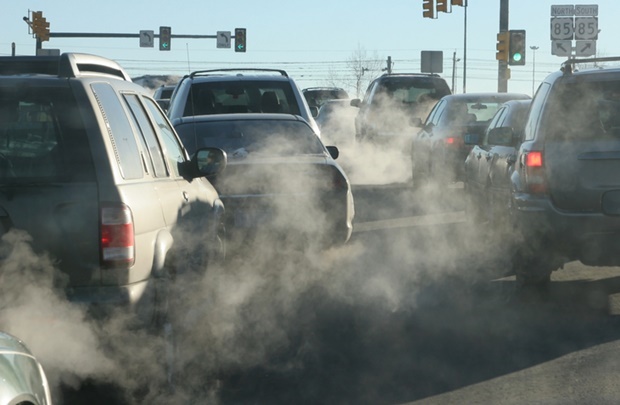
We all fear the word "cancer" – and what makes these fears so much more of a reality is that there are everyday items and habits that increase our risk for certain types of cancer.
Here are a few risky items that are particularly hard to avoid:
1. Electronic devices
Cell phones are the major red flag when people think of electronic devices that may be a cause for concern. We hold our cell phones against our heads, and the big question is whether these electronic devices could contribute to tumours – cancerous or not.
The Cancer Association of South Africa (CANSA) lists the following tumours:
- Cancerous brain tumours such as gliomas
- Non-cancerous brain tumours such as meningiomas
- Non-cancerous tumours of the nerve endings that connect the brain to the ear
- Non-cancerous tumours of the salivary glands
Cell phones essentially emit radiofrequency energy, and the number of cell phone users has dramatically increased over the years. According to the National Cancer Institute (NIH), radiofrequency is a form of electromagnetic radiation which can be divided into two types: ionizing (X-rays, radon, and cosmic rays) and non-ionizing (radiofrequency, and power frequency).
Although cell phones are categorised under non-ionizing electromagnetic radiation and cannot damage DNA or cells directly, research has suggested that it could increase the risk of cancer by reducing melatonin levels in the body. Melatonin has been shown to suppress the development of certain tumours.

2. Diesel fumes
Diesel engine fumes are classified as carcinogenic in humans according to the World Health Organization (WHO). It is equivalent to second-hand cigarette smoke. It's impossible to avoid breathing in diesel and petrol fumes when you are stuck in traffic.
It can be even more detrimental to your health if you work or live near these air pollutants. The more diesel fumes you inhale, the higher your risk of developing respiratory problems such as asthma and lung cancer.

3. Alcohol
According to NIH, alcohol increases your risk of various types of cancers. These include cancer of the mouth, throat, oesophagus, larynx (voice box) liver, and breast. The risk increases for alcohol consumers who also smoke.
A previous study found that alcohol was strongly linked to the diagnosis of breast cancer – the risk increases with the dose. Limiting alcohol or drinking in moderation is suggested – women should limit their alcohol consumption to one glass and men to two glasses per day.

4. Sitting too much
Physical activity and exercise could potentially lower your risk of developing different cancers and other chronic illnesses. Although there is no guarantee, being active could go a long way to maintaining a healthy lifestyle.
Sedentary behaviour such as sitting or lying down for extended periods of time can drastically increase your risk of cancer, especially colon and endometrial cancer.
According to NIH, physically active people had a nearly 25% lower risk of developing colon cancer than their physically less active counterparts.
Being physically inactive is also associated with a number of other conditions such as diabetes, hypertension and obesity.
Further research indicates that cancer survivors could also benefit from physical activity regarding weight gain and quality of life.

5. High-temperature cooking
Healthy eating and leading a healthy lifestyle could prevent a number of chronic illnesses. Preparation of food is also important.
NIH reported that when meat is cooked at high temperatures – such as frying in a pan or grilling over an open flame – heterocyclic amines (HCAs) and polycyclic aromatic hydrocarbons (PAHs) chemical are formed. HCAs are created when amino acids, sugars, and creatine react at high temperatures. PAHs, on the other hand, are formed when fat and juices from meat over an open flame drip into the fire, causing flames.
According to a study, significant exposure to HCAs and PAHs can cause cancer in animals. Tumours of the breast, colon, liver, skin, lung, and prostate developed in animal test subjects. Although the dosage was much higher in the animal test subjects than consumed by human beings, evidence suggests that cooking meat at high temperatures could have potentially negative effects on our health and gastrointestinal tract.

Image credits: iStock




 Publications
Publications
 Partners
Partners











